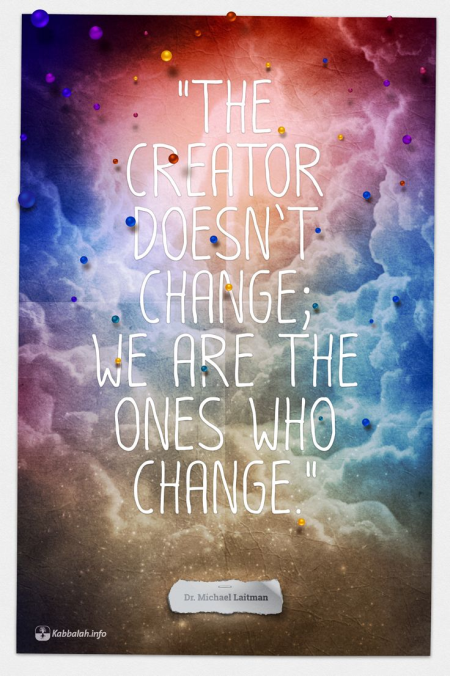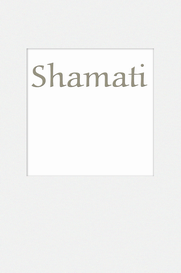We cannot attain any reality as it is in itself. Rather, we attain everything according to our sensations. And reality, as it is in itself, is of no interest to us at all. Hence, we do not attain the Torah as it is in itself, but only attain our sensations. Thus, all of our impressions follow only our sensations.
Baal HaSulam, Shamati [I Heard], Article no. 66, “The Giving of the Torah”
Baal HaSulam, “The Wisdom of Kabbalah and Philosophy”Therefore, we must not inquire how the sages of the Kabbalah, which fill the entire wisdom with their insights, differentiate between the various Lights. That is because these observations do not refer to the Lights themselves, but to the impression of the vessel, being the above-mentioned force, which is affected by its encounter with the Light.
In addition, the form itself will change in a person according to his ups and downs, as we have said above that the Light is Simple Light and all the changes are only in the receivers.“There is no change in the Light.” Rather, all the changes are in the Kelim, meaning in our senses. We measure everything according to our imagination. From this it follows that if many people examine one spiritual thing, each will attain according to his imagination and senses, thereby seeing a different form.
Baal HaSulam, Shamati [I Heard], Article no. 3, “The Matter of Spiritual Attainment”
Continue reading “10 Kabbalah Quotes about Self Transformation”


